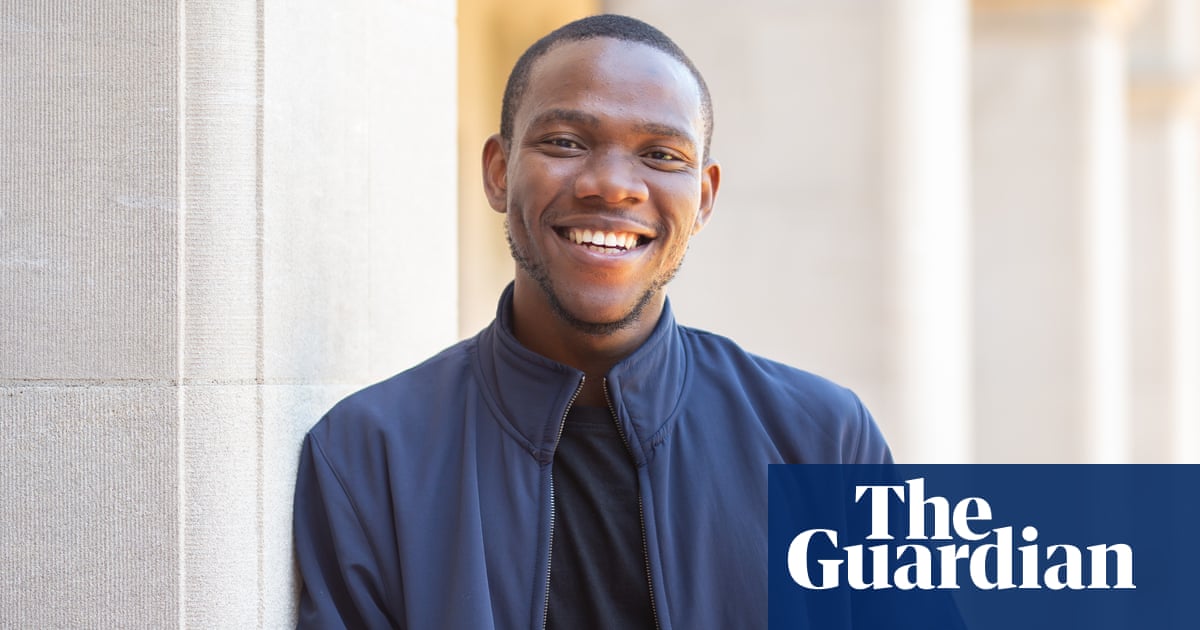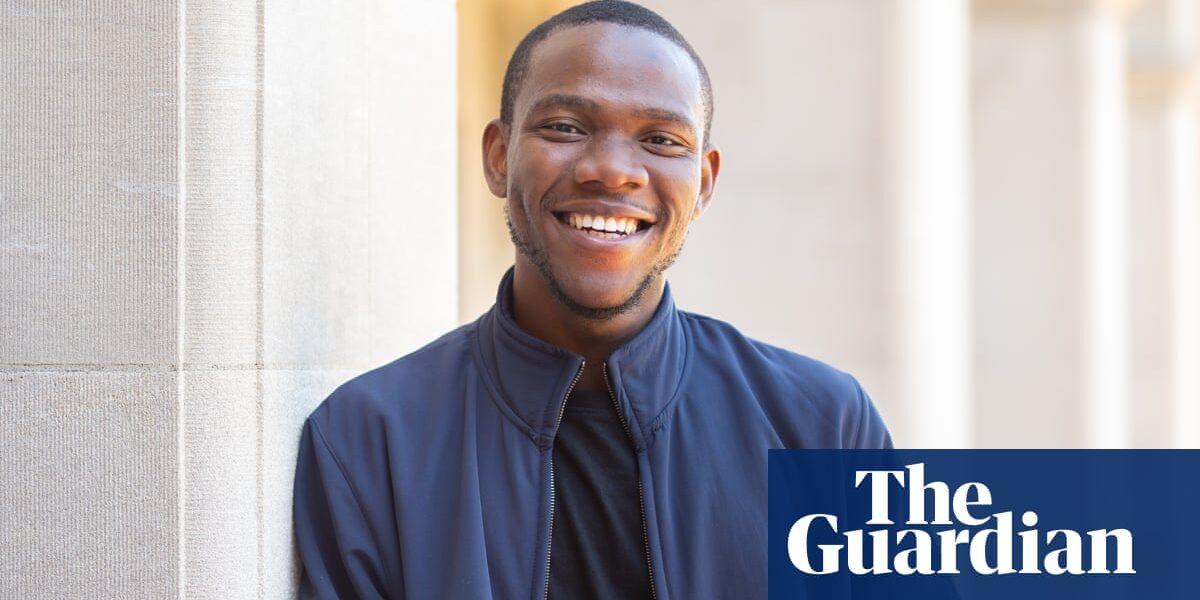
N
The literary collection of Nigeria in the English language is a valuable and constantly evolving archive. It includes prominent works such as Chinua Achebe’s landmark novel Things Fall Apart, Buchi Emecheta’s poignant reflections on life as an immigrant in 1960s London, and Ben Okri’s surrealist writings. A more recent addition is Lola Shoneyin’s colourful and humorous novel, The Secret Lives of Baba Segi’s Wives, published in 2010. This collection serves as a source of inspiration for younger Nigerian writers, often showing up in their works through subtle or overt references. Chukwuebuka Ibeh’s Blessings, set in 2006 in Port Harcourt, is a prime example, with clear echoes of Chimamanda Ngozi Adichie’s debut novel, Purple Hibiscus.
Similar to Adichie’s debut novel, Blessings is set in a traditional Nigerian family with strict patriarchal values. The mother, Uzoamaka, is a victim and the father, Anozie, is aggressive and determined to eliminate any behavior he deems deviant or disobedient within the family. A feeling of uncertainty and fear lingers throughout the story.
A potential obstacle to Anozie’s male-dominated rule is the gentle and innocent demeanor of his oldest son, Obiefuna. Despite being a reserved and studious teenager, Obiefuna possesses an impressive skill for dancing, able to contort his body into incredible positions. While his dreamy nature brings joy to his mother, other parents may be annoyed by it. On the other hand, Anozie is disturbed by the thought that his son’s graceful movements may be seen as feminine.
In the beginning of the book, Anozie comes across Obiefuna and Aboy, who is an apprentice at the family business, in a compromising situation. Anozie’s reaction is to send his son to a strict all-boys boarding school, located far away in Owerri, that has strong Christian beliefs. The school is not a pleasant place. The physical mistreatment that Obiefuna experienced at home now also takes on emotional and sexual forms. His interactions with older students – the brooding and cruel Senior Papilo, and the manipulative and unpredictably seductive Senior Kachi – complicate Obiefuna’s delicate understanding of his own sexuality.
Obiefuna’s survival strategies primarily involve being passive, compliant, patient, and conforming. The Bildungsroman may appear to focus on personal growth and development, and indeed Obiefuna’s life expands as he finds a new “chosen family” and is forced to confront the use of queerness as a weapon by the Nigerian political class. However, a significant part of this story revolves around Obiefuna’s efforts to remain still and invisible, as he takes expedient actions such as betraying his queer friends and keeping the secrets of questionable authority figures to protect his true identity from being discovered. Many marginalized individuals will painfully relate to Obiefuna’s journey, which is dominated by his father’s attempts to erase his identity. Therefore, in a novel that explores secrecy, silences, and being silenced, Ibeh’s sentences are carefully crafted and trimmed.
There are several noteworthy moments in which this artistic style gives way to a sense of transcendence, offering a glimpse of something greater and more optimistic, as suggested by the title chosen by Ibeh. These moments often occur when Obiefuna is moved by music, allowing his carefully controlled body to move freely and tapping into an inner joy that is pure and untainted. Much of this sublime feeling is also evoked when Obiefuna thinks of his mother: “At times, she appears in his dreams as a small speck in the sky, the only light that remains even as others fade away. She doesn’t speak… but he hears the sound of her singing… something about comforting a child who has been robbed by a greedy world.”
While this beautiful image is one of a mother’s enduringly nurturing force, Ibeh’s extraordinarily composed and deeply felt debut ultimately asks a different question. Its protagonist faces a difficult and universal challenge: how do we rise from broken beginnings and find better ways of nurturing ourselves?
Bypass the advertisement for the newsletter.
after newsletter promotion
Source: theguardian.com


